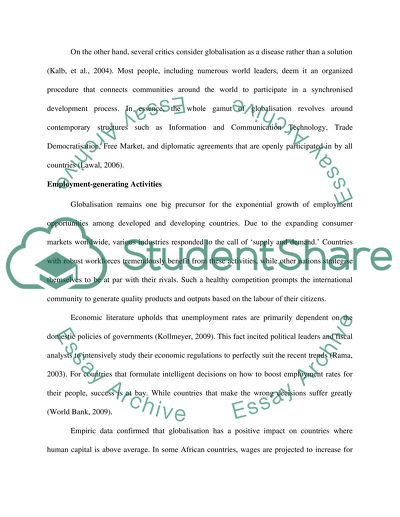Cite this document
(“Global, political economy Essay Example | Topics and Well Written Essays - 1750 words”, n.d.)
Retrieved from https://studentshare.org/environmental-studies/1411885-global-political-economy
Retrieved from https://studentshare.org/environmental-studies/1411885-global-political-economy
(Global, Political Economy Essay Example | Topics and Well Written Essays - 1750 Words)
https://studentshare.org/environmental-studies/1411885-global-political-economy.
https://studentshare.org/environmental-studies/1411885-global-political-economy.
“Global, Political Economy Essay Example | Topics and Well Written Essays - 1750 Words”, n.d. https://studentshare.org/environmental-studies/1411885-global-political-economy.


